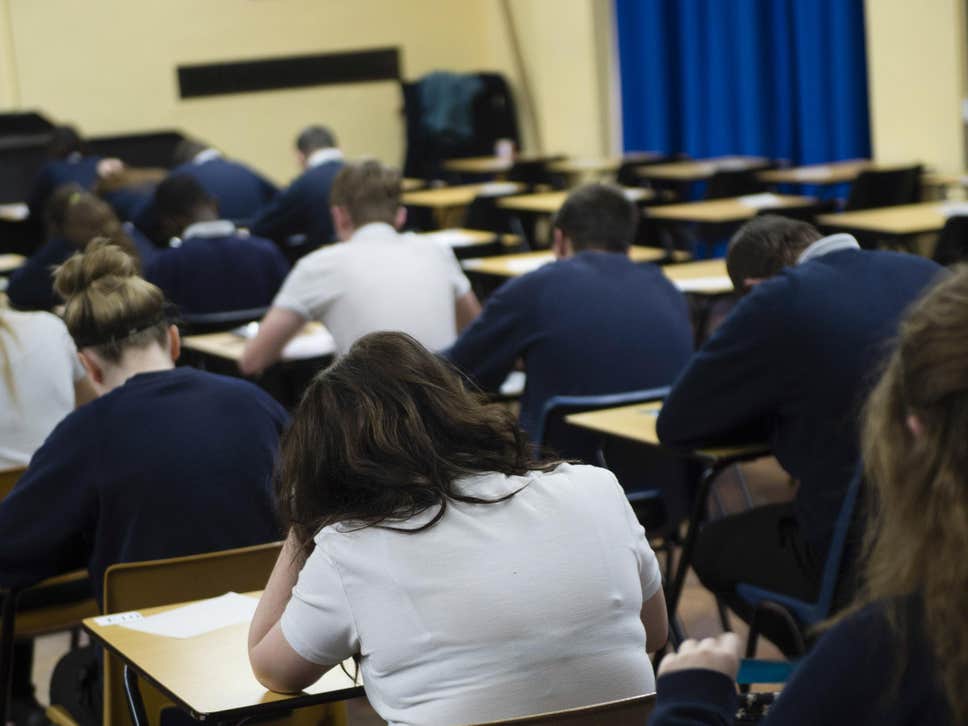Girls less likely to say they are clever despite better exam results, study finds
Friday, June 14, 2019

Girls are much less likely to say they are clever than boys even though they do significantly better in exams, according to a new study.
Female pupils are more likely to say they do not know the meanings of words, to feel less confident when faced with new work and to doubt that they are clever, according to research.
The study, based on data from more than 40,000 students aged between 7 and 16, found that more than one in five children say they are not clever by the time they start secondary school.
Just over a quarter of girls (27 per cent) say they are very clever, compared to more than a third (34 per cent) of boys despite getting better exam results, research by GL Assessment finds.
Last year, girls once again outperformed boys at GCSE when 23 per cent received grade 7 and above – the equivalent of A and above – compared to 17 per cent of boys.
Greg Watson, chief executive of GL Assessment, said the fact that so many children, particularly girls, formed a negative view of their abilities at such a young age is worrying.
He said: “We don’t know why so many children have such a poor opinion of their abilities by the time they start secondary school.
"But we do know that low self-worth has a knock-on effect not just on academic performance but also on wellbeing.”
Half of those children who doubt their own intelligence are in the bottom third for reading ability, however nearly a fifth (19 per cent) are in the highest group.
Mr Watson added: “There are many reasons why children have low self-esteem and it shouldn’t be assumed that just because a child is doing well academically, their lack of self-esteem isn’t having a detrimental effect on them in other ways.”
Source: Independent